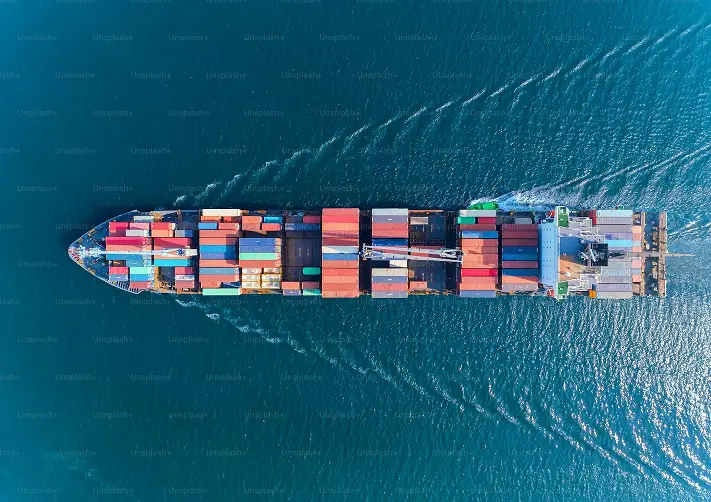The International Monetary Fund is warning that as geopolitical tensions mount in the world, they may eventually begin to disrupt overseas investments, and lead to a loss of as much as 2% of the global gross domestic product.
Already the organization’s economic forecast, released on Wednesday, is noting that companies and policymakers have begun moving production home, or to “trusted countries,” and that this is causing fragmentation risks to rise globally.
The report notes that trade tensions are growing between some investing and recipient countries, such as the United States and China, and this has has impacted the bilateral cross-border portfolio investment allocations and bank claims by roughly 15%, according to the IMF’s data.
The report said, “Over the last decade, the share of FDI (foreign direct investment) flows among geopolitically aligned economies has kept rising, more than the share for countries that are closer geographically, suggesting that geopolitical preferences increasingly drive the geographic footprint of FDI.”
The IMF noted that the rise of the practice of “friendshoring” may end up hurting the less-developed markets the most.
The report noted, “Emerging markets and developing economies are particularly affected by reduced access to investment from advanced economies, due to reduced capital formation and productivity gains from the transfer of better technologies and know-how.”
The authors of the report noted, “a fragmented world is likely to be a poorer one.”
The report went on to note that while reconfiguring supply chains might enhance national security and help to maintain a technological advantage over geopolitical competitors, “reshoring or friendshoring to existing partners will often reduce diversification” and subject nations to increased financial consequences from macroeconomic shocks to the global economy.
The IMF concluded, “In a fragmented world with heightened geopolitical tensions, investors may worry that nonaligned economies will be forced to choose one bloc or the other in the future, and such uncertainty could intensify losses.”

